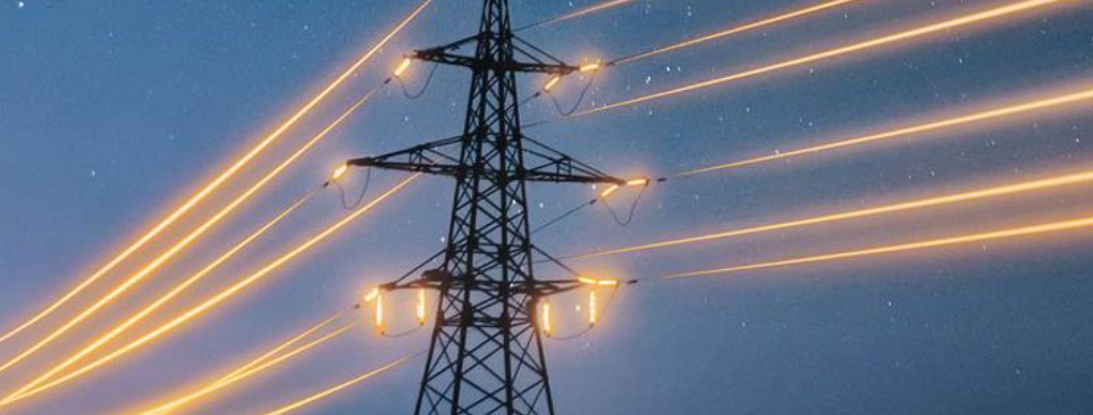APA Group has committed to building a modular renewable methane production demonstration plant near Roma in outback Queensland. The pilot project will help the gas pipeline owner understand the potential green methane, which could eventually enable the decarbonization of Australia’s existing gas infrastructure, including gas transmission and distribution networks and export supply chains.
The $2.2 million plant, to be developed in partnership with Southern Green Gas, will produce about 620 kilograms of hydrogen a year, converting it into 75 gigajoules of methane. The hydrogen is to be produced from water using solar-powered electrolysis. The green gas will then be injected into APA’s natural gas pipelines across the East Coast Gas Grid.
“We know the science of producing methane. This unique project is the first step in testing whether it is possible on an industrial scale to create methane, using solar-generated electricity, water and CO2 from the atmosphere,” APA Group’s CEO and Managing Director Rob Wheals said. “With this project, we’re aiming to determine whether this carbon-neutral process might be part of the green energy solution of the future and if our pipelines can be used to transport pure renewable energy domestically or to be exported.”
Greening the gas network
Through a new and innovative approach, the APA project will capture moisture in the air to produce renewable hydrogen as a precursor to renewable methane. The renewable methane process involves the production of renewable hydrogen from an Anion Exchange Membrane (AEM) electrolyzer. The electrolyzer uses water extracted from the atmosphere and is powered by solar PV. The hydrogen produced is then converted to methane by reaction with carbon dioxide, which is also extracted directly from the atmosphere.
On Friday, the Australian Renewable Energy Agency (ARENA) announced $1.1 million in funding towards APA’s demonstration plant. Unlike other similar ARENA funded projects that aim to use renewable hydrogen directly, the APA project offers the chance to assess the benefits of using methane to green gas networks.
For instance, ARENA previously provided funding to Canadian gas giant ATCO to start blending renewable hydrogen into the on-site natural gas network at its Clean Energy Innovation Hub in Jandakot, Western Australia (WA). In another ARENA-backed initiative, energy infrastructure company Jemena is looking to generate hydrogen from renewables and inject it into the existing gas network so that homes and businesses in Sydney could begin using the fuel by 2024.
“Renewable methane is in effect indistinguishable from the methane that currently fills our natural gas pipelines,” ARENA CEO Darren Miller said. “The gas network is expected to play a key role in supporting the decarbonization of Australia’s energy system.”
The APA project aims to demonstrate the technical and commercial benefits of integrated hydrogen electrolysis and renewable methane production system. It will generate cost and technical data to be used to assess the feasibility of a larger, commercial-scale, renewable methane plant.
“At scale, renewable methane has the potential to be a significant source of Australia’s future natural gas requirements all through the deployment of solar energy and capturing the water from the atmosphere. Renewable methane is compatible with Australia’s developing hydrogen sector in that known technologies can convert methane to hydrogen and vice versa,” Miller said.
Minister for Energy and Emissions Reduction Angus Taylor said the project was a great innovation and could provide a number of benefits, particularly for regional communities and east coast gas users.
“Integrating renewable energy sources into Australia’s gas distribution system is a crucial step in delivering long-term secure and reliable energy, and reducing emissions,” Taylor said. “This type of innovative work is exactly what we need to see to grow our domestic hydrogen industry”.
In a separate initiative announced on Friday, ARENA is providing $1.71 million to BP Australia to study a $4.4 million export-scale renewable hydrogen and ammonia plant in Geraldton, WA.
This content is protected by copyright and may not be reused. If you want to cooperate with us and would like to reuse some of our content, please contact: editors@pv-magazine.com.









How can this be practical? Water constitutes about 1% of the atmosphere and carbon dioxide constitutes only a fraction of a percent. Huge quantities of the air will need to be processed to extract these chemicals.
Carbon dioxide used for making soft drinks is usually made from burning natural gas and capturing the resultant carbon dioxide using amines.
Good question. The article says it’s possible through a “new and innovative approach”. I guess water extracted from the atmosphere could simply be rain (not new or innovative) but getting the carbon dioxide does seem like it would be quite energy intensive. Plants do it (innovative but not new). I’ll be interested to find out more.
This is in line with the hydrogen and other ‘carbon-free’ fuels initiatives, so CO2 capture from atmosphere isn’t even in there (for now. It’s not like they can’t have customer (waste) sources of CO2 to valorize.) Since methane has…4 hydrogens…one carbon per molecule, it still produces some CO2, but meets combustion processes where they see ReGas, hydrogen and ammonia fuels.
It’s fantastic they have a commercial application under 4 million and I wish them great success. We need it as an exemplar if we want to use energy and not bring CO2’s ruin on environmental value.